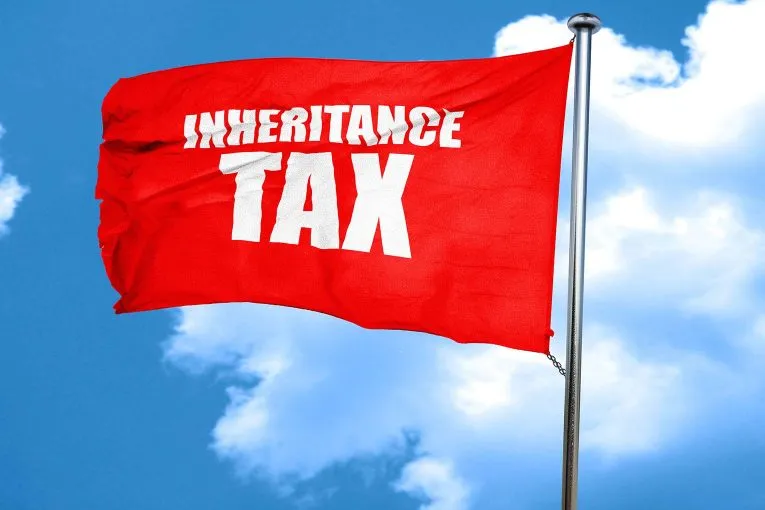A new Charles Stanley survey has revealed that while eight in ten British adults profess to understand inheritance tax (IHT), significant gaps in knowledge persist, particularly around calculating actual liabilities.
The research highlights that misplaced confidence may leave beneficiaries facing unexpected bills, or conversely, estates overprepared for taxes that will never fall due.
Inheritance tax is levied on the net value of an estate – property, cash and possessions – above the £325,000 nil-rate band.
In 2022–23, some 31,500 estates paid IHT, contributing £6.7 billion in receipts. Yet, just half (52%) of those surveyed say they know how much tax would fall on their own estate, while 48% admit complete uncertainty.
IHT CONFUSION
Alarmingly, many homeowners with modest estates believe they face a bill when they do not. Among those whose estates are worth less than £100,000, 42% expect to pay IHT – estimating a mean liability of £35,000, despite sitting comfortably below the threshold. Likewise, 55% of those with estates valued between £100,000 and £325,000 anticipate an average tax burden of £48,000.
Even among those whose estates exceed the nil-rate band – 39% of respondents – almost half of those in the £325,001–£750,000 bracket (48%) lack confidence in their IHT calculations. These homeowners estimate an average liability of £56,000, compared with the actual average IHT paid of £13,500 on estates worth between £300,000 and £400,000 in 2022–23.
Awareness improves at higher estate values: 61% of those with estates above £750,000 correctly gauge their potential IHT, although the remainder still overestimate, expecting on average £77,000 in tax.
With liabilities set to climb – Office for Budget Responsibility forecasts IHT receipts rising to £14 billion by 2030 from just over £8 billion today – Charles Stanley warns that miscalculations may force heirs into hasty asset sales or property liquidations.
CAUGHT OFF GUARD

Rob Morgan, Chief Investment Analyst at Charles Stanley, says: “While passing down an estate can be a great tool to building generational wealth, giving loved ones a chance to reap the fruits of your labour, a lack of understanding or knowledge around the IHT payable could catch them off guard, shouldering a large sum to pay which may result in the unnecessarily swift liquidation of assets or property sales.
“This is why estate planning is a critical aspect of wealth management – allowing you to make the most of your estate and finances, whether this is through gifting or donating in preparation, or even just keeping beneficiaries in the know to avoid any unpleasant surprises down the road in your absence.”










